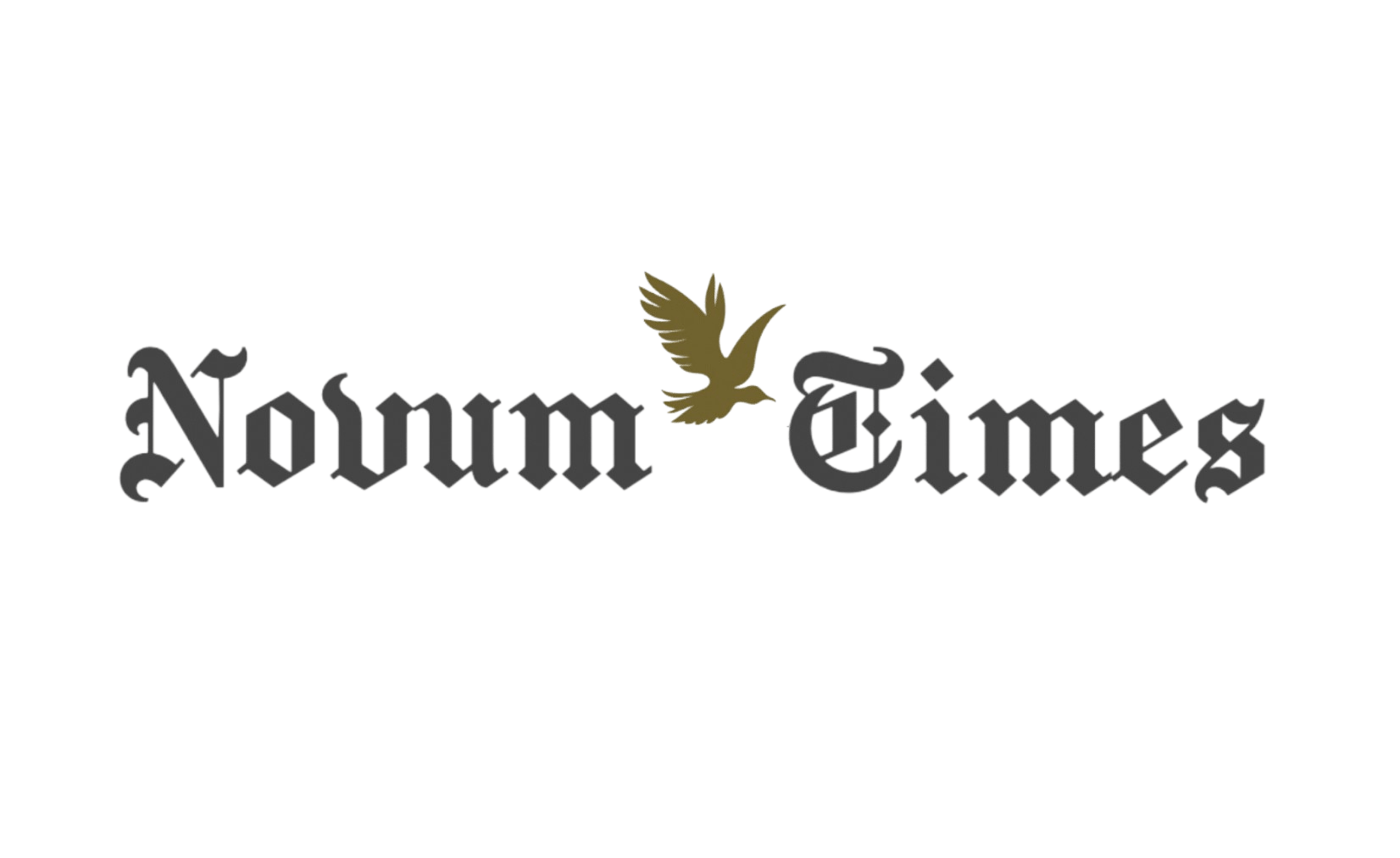China’s aggression towards Taiwan has increased tremendously, together with current military drills and repeated airspace violations. It means that China could benefit in the annexation of Taiwan from NATO’s current focus and importance which is towards the Russia-Ukraine conflict.
Taiwan, officially known as the Republic of China, has been a contentious issue in the international arena for decades. Since the end of the Chinese Civil War in 1949, Taiwan has been governed separately from mainland China, with the two sides having different political systems, currencies, and militaries. However, the Chinese government considers Taiwan to be a part of its territory and has not ruled out the use of force to reunify with the island. The issue of Taiwan’s annexation is a highly controversial and complex one. On the one hand, some argue that Taiwan’s reunification with mainland China is inevitable due to historical, cultural, and economic ties between the two sides. They argue that China’s rise as a global superpower makes it even more imperative to reunify with Taiwan, as it would enhance China’s territorial integrity and strengthen its strategic position in the Asia-Pacific region.
On the other hand, many Taiwanese people and their supporters argue that Taiwan is a separate and independent entity with its own identity, values, and democratic system. They believe that any attempt to annex Taiwan against its will would be a violation of its sovereignty and the principles of self-determination. They also point out that Taiwan has been a successful democracy and a major economic power in its own right, with a thriving high-tech industry and a highly educated population. The international community has been divided on the issue of Taiwan’s status. While some countries, such as the United States and Japan, have recognized Taiwan as a sovereign state, others, such as China and most of its allies, consider it to be a part of China. The One-China policy, which was adopted by the United Nations in 1971, recognizes the People’s Republic of China as the sole legal government of China and does not recognize Taiwan as a separate state.
In recent years, tensions between China and Taiwan have escalated, with China increasing its military and diplomatic pressure on Taiwan. China has conducted military exercises near Taiwan, flown fighter jets and bombers over the Taiwan Strait, and conducted a campaign to isolate Taiwan diplomatically by persuading countries to sever ties with it. Regardless of these challenges, Taiwan has continued to assert its independence and maintain its democratic system. Taiwan’s government has also sought to deepen ties with like-minded countries and increase its international presence, including joining the World Health Organization as an observer member and participating in international sporting events under the name “Chinese Taipei.”
China has always been a strategic power both economically and militarily, and as an authoritarian regime, it can make bold decisions quickly. With the U.S.A and other NATO countries preoccupied with the Russia-Ukraine conflict, China may see an opportunity to militarily take over Taiwan. Recent events and actions by China suggest that the country is planning something big. These include regular military drills near Taiwan, airspace violations, the encirclement of Taiwan, and statements from Chinese Communist Party officials. During a recent visit to Russia, Chinese President Xi Jinping met with Vladimir Putin and reportedly said that China is planning something significant while praising the Moscow-Beijing partnership in ensuring global and regional stability. Since then, China has become even more aggressive towards Taiwan and has increased its military presence near the Indian border, possibly to keep its neighbour in check while preparing for a move on Taiwan.
In conclusion, the issue of Taiwan’s annexation is a highly complex and controversial one that involves historical, cultural, political, and strategic considerations. While some argue that it is inevitable, others believe that Taiwan should be allowed to maintain its independence and democratic system. The international community has a role to play in promoting peace, stability, and dialogue between the two sides to ensure a peaceful resolution of the Taiwan issue.















